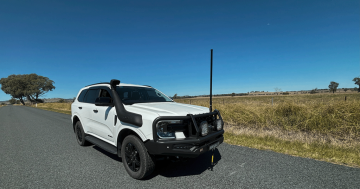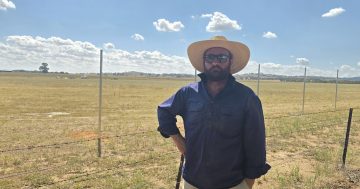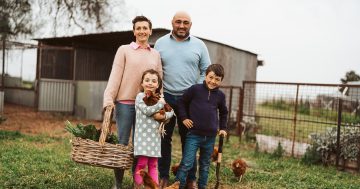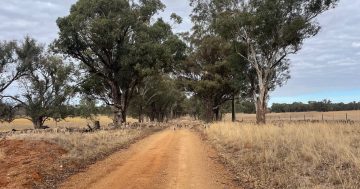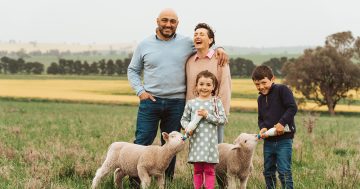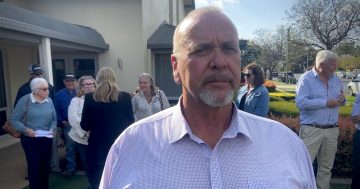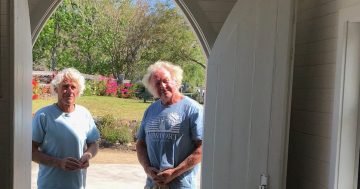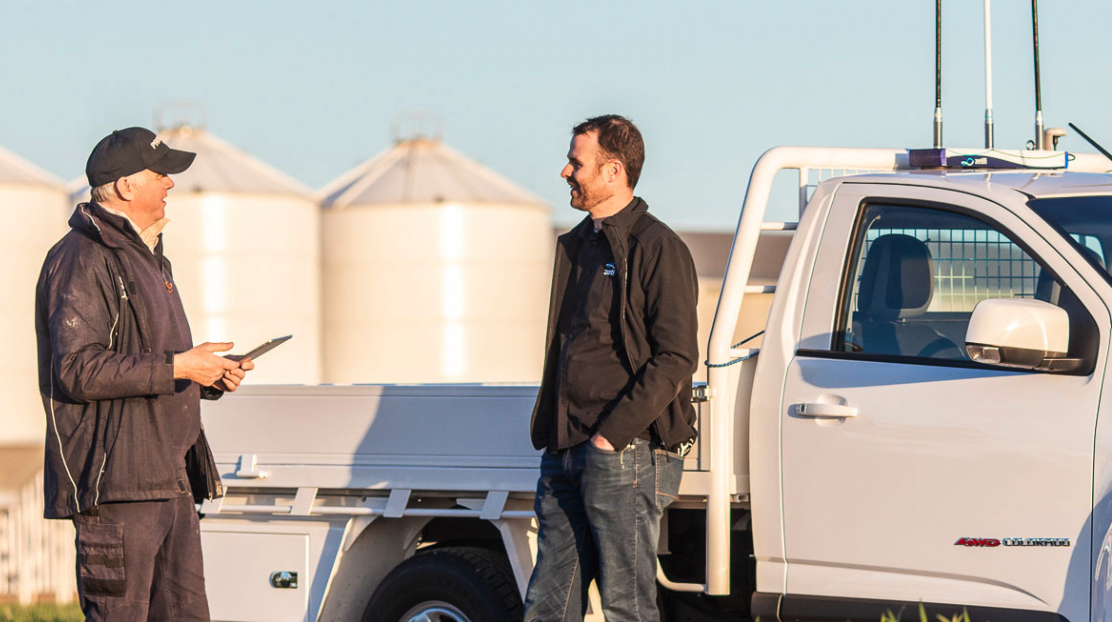
Zetifi founder and CEO Dan Winson (right) is taking his Wagga-made technology to the world. Photo: Supplied.
‘Hands-free farming’ looks set to revolutionise agriculture, but before the robots arrive, WiFi connectivity will need to improve.
Wagga-based tech company Zetifi is all about keeping farmers and people in regional areas connected, and founder Dan Winson says they are well placed to offer a world-leading solution.
“We’re betting heavily on the fact that automation will be the driver for farm-wide connectivity everywhere,” he says.
A network engineer by trade, Dan launched his start-up in 2018 from the back room of a local computer store.
“Being a Wagga local, I became very aware of the challenges faced by farmers,” he explains.
“There was a bit of a market gap that I thought we could address so a few years ago we took it to Henty (field days) and there was very clearly a demand for what we’re now doing.”
While the market was saturated with 4G and WiFi devices, Dan says none of them were tailored to the unique demands of rural life.
“Our tech optimises the signal to provide the best coverage and the best range available and it’s built rugged so that it’s suitable for use on a farm,” he says.
“Our core business right now is connecting tractors and other farm machinery.”
Initially focussed on the Australian market, Dan says he was surprised by the international attention they soon attracted.
Zetifi has established a US office after winning a $500,000 prize in the 2020 Grow-NY business competition run by Cornell University, and they have just kicked off a pilot program in Canada.
“As it turns out, anywhere where your population density drops, such as farms, it’s just not feasible for your mobile network operators to deploy enough infrastructure to provide the connectivity that meets the needs of farmers,” he explains.
“We were there to fill in the gaps.”
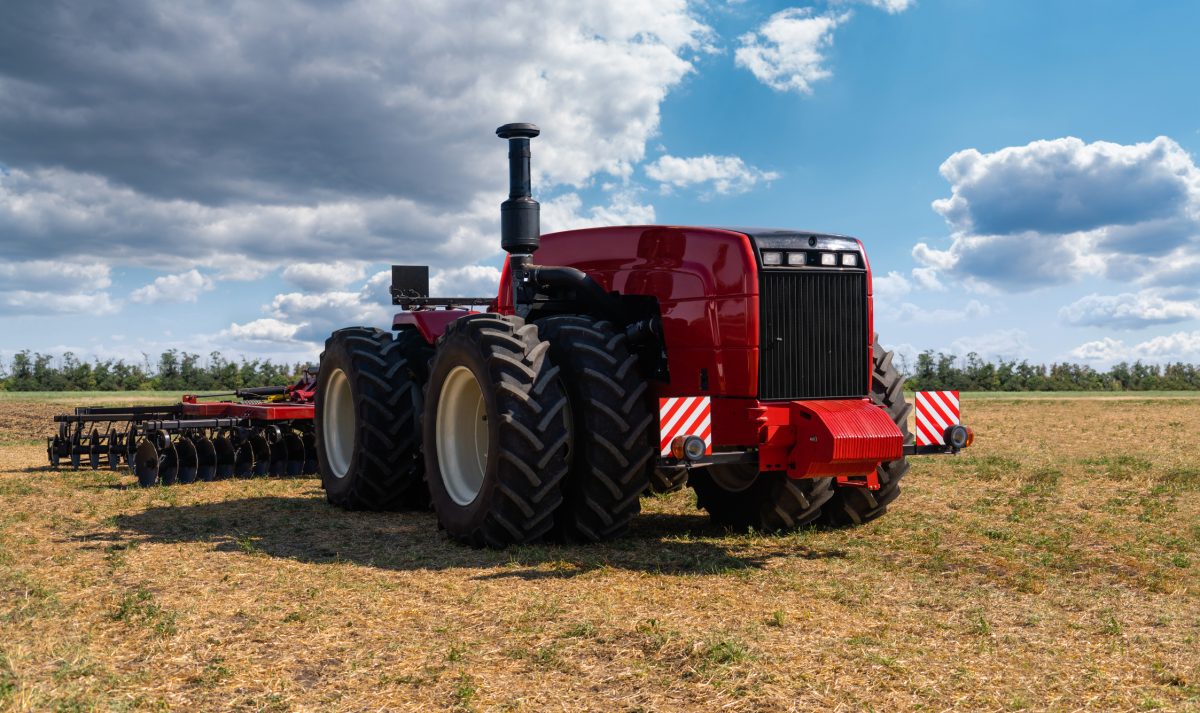
Autonomous tractors are the future but need connectivity to operate. Photo: Scharfsinn86.
Last week, Zetifi was awarded over $900,000 dollars in federal funding to upgrade its existing collection of long-range devices to 5G.
The project will also include trialling 5G connectivity in autonomous farm vehicles, smart-farm machinery and drone data transmission.
With tractor giants John Deere and Case IH preparing to launch autonomous tractors, Dan says it’s exciting to be at the forefront of the next step in farming.
“A lot of the functionality that these manufacturers build into their machinery is underpinned by needing good connectivity out in the field,” he says.
“We’re working closely with some great Australian startups in that space and we’re doing a lot of work with Case IH, and lots of other leading brands out there.”
Dan says that the move to automation will also help overcome the labour shortages that have plagued the industry over recent decades.
“Different degrees of automation will really allow farmers to make use of technology rather than people,” he says.
“It sounds like you are getting rid of jobs but the reality is, farmers have been having trouble getting enough labour to do this for years.”
The future is looking bright for the Riverina company and Dan says they plan to expand.
“We’re growing the team, hiring more engineers, launching products and preparing to scale up globally,” he says.
“We’ll be building here in Wagga and shipping products all around the world.”
Original Article published by Chris Roe on Region Riverina.







